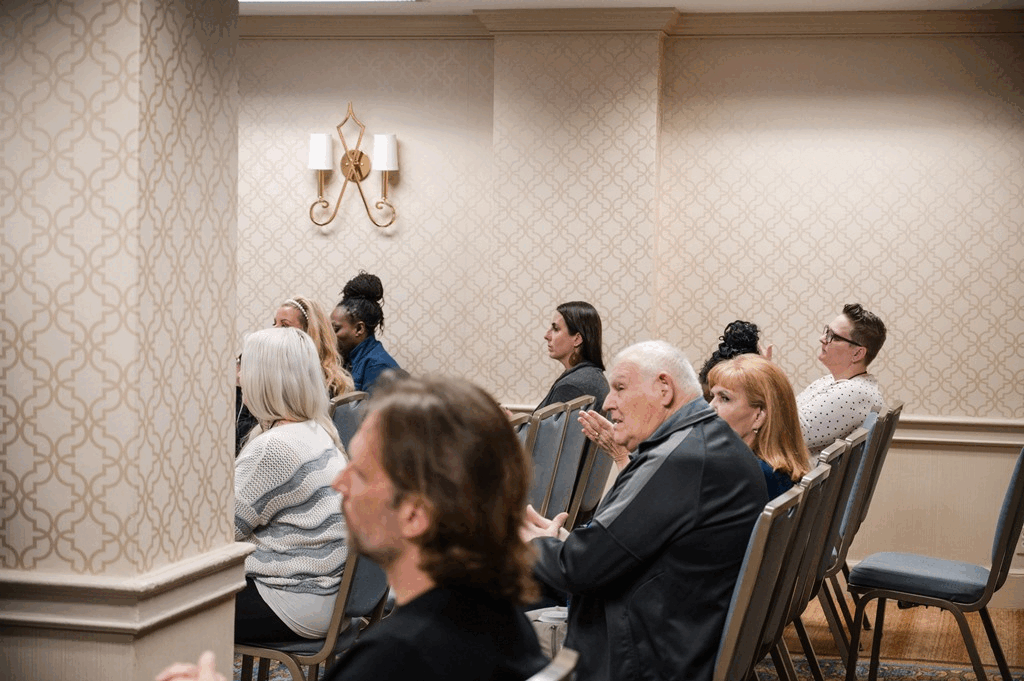IntNSA Annual Conferences

 Now held in February/March each year, our conference features expert speakers and presenters from around the world, who will share their insights and knowledge on various topics related to addiction nursing. You will have the opportunity to network with other professionals in the field, learn about cutting-edge research and innovations, and participate in interactive workshops and panel discussions.
Now held in February/March each year, our conference features expert speakers and presenters from around the world, who will share their insights and knowledge on various topics related to addiction nursing. You will have the opportunity to network with other professionals in the field, learn about cutting-edge research and innovations, and participate in interactive workshops and panel discussions.
Your involvement and expertise in addiction nursing would greatly contribute to the success of this event. We look forward to welcoming you at the International Nurses Society on Addictions Conference. If you have any questions or need additional information, please do not hesitate to contact us.
